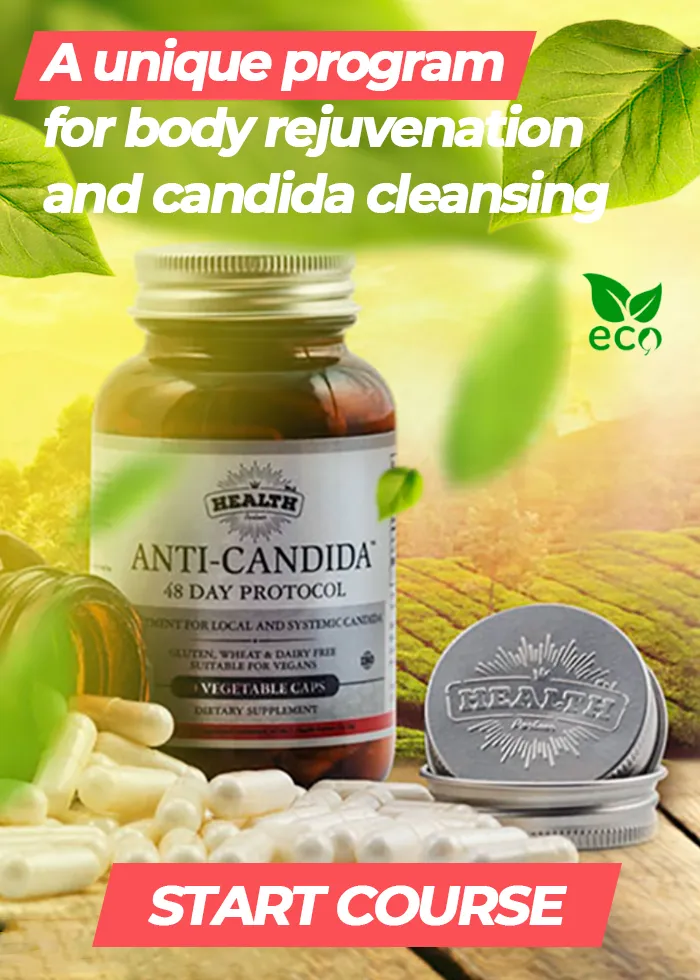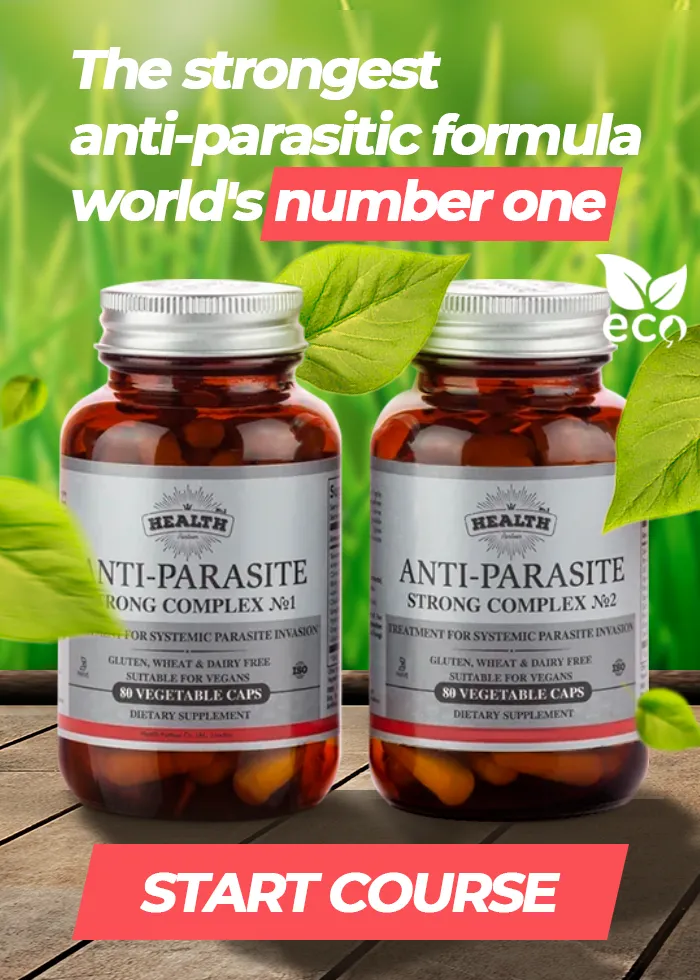Anticandida Probiotics How to take probiotics?
Chitin synthesis inhibitor - evolution in the t...
The Chitin Synthesis Inhibitor is a substance derived from plant components t...
Read moreThe «Anti-Candida» diet against fungi and Candida
A diet prioritizing proteins and fats with a complete exclusion of quick carb...
Read moreAntifungal products, supplements and additives ...
From this article, you will learn about various supplements and products that...
Read moreThe best antifungal probiotics for the "Anti-Ca...
If you evaluate the probiotic supplements available in the global market toda...
Read more




